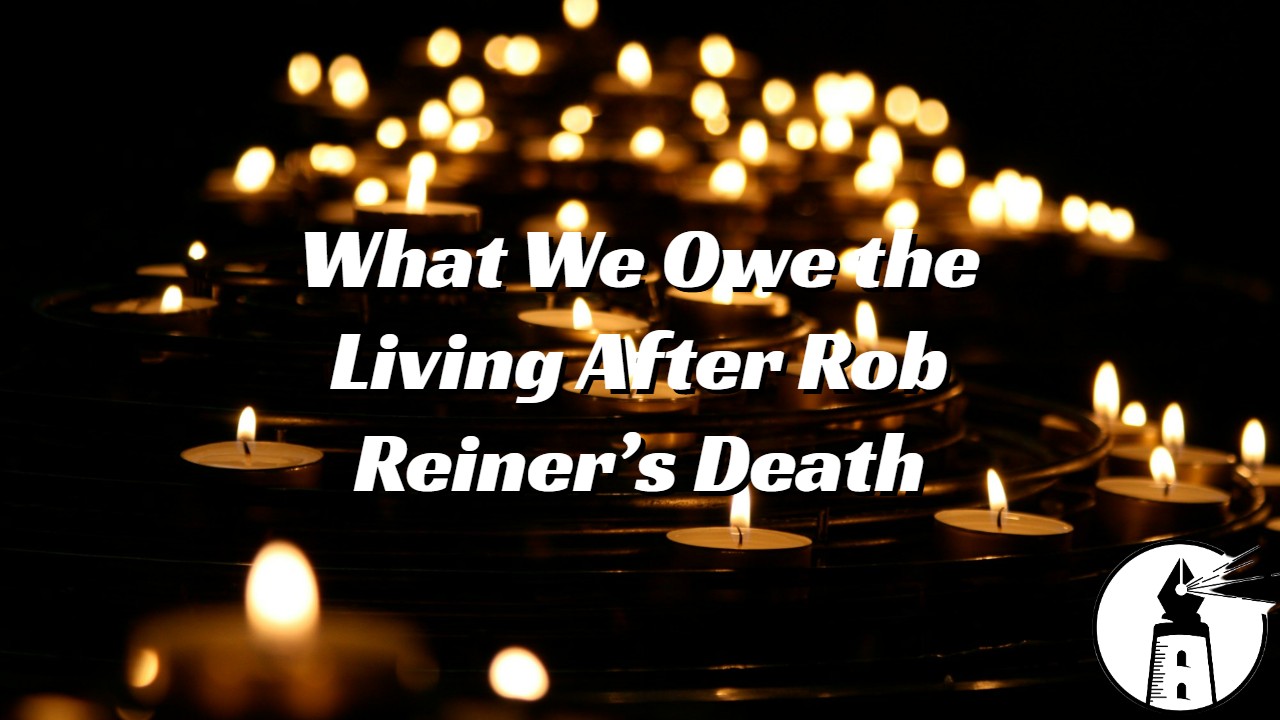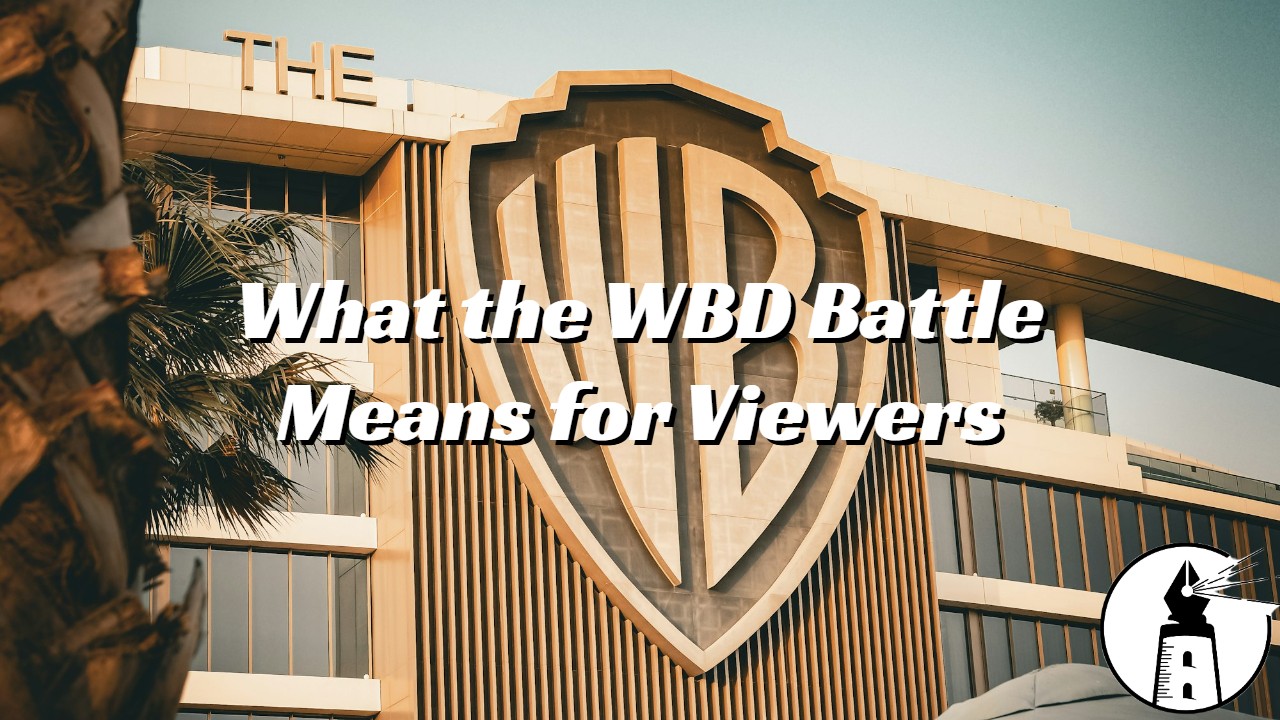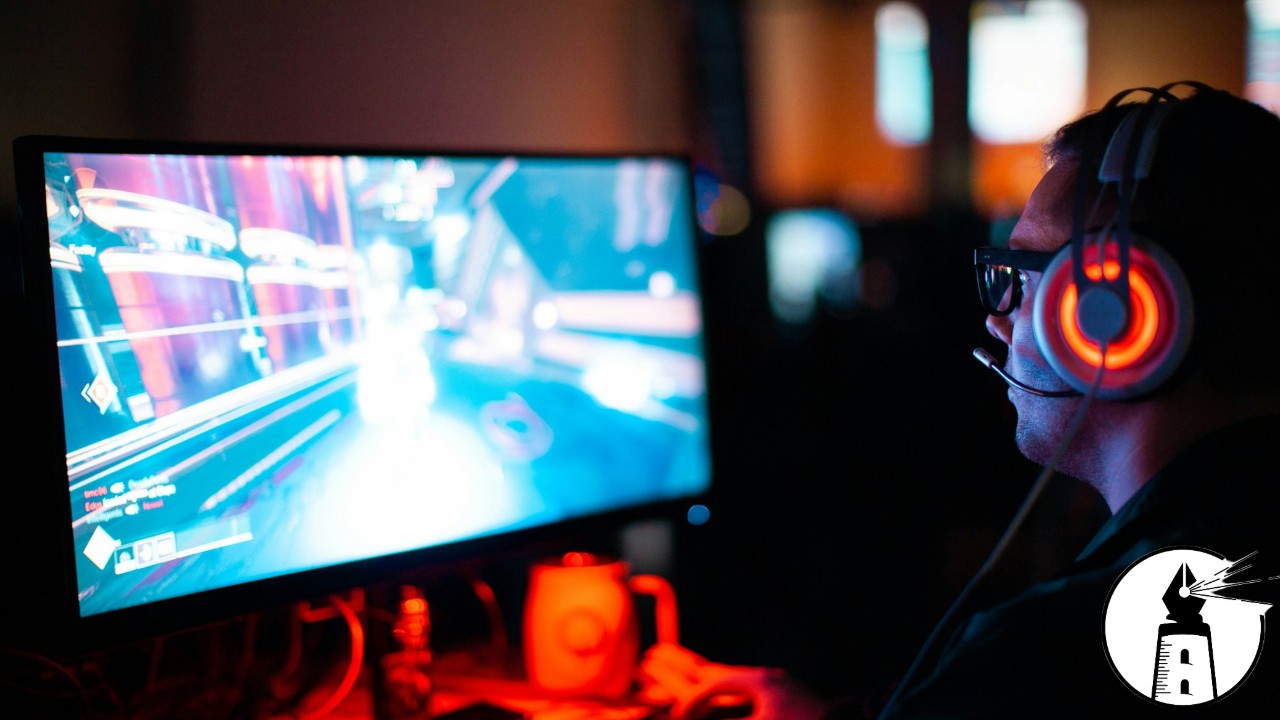When ABC announced it was suspending Jimmy Kimmel’s late-night program following remarks about the assassination of conservative activist Charlie Kirk, the move appeared at first to be a straightforward attempt to calm a volatile political moment. Within days, however, the suspension and its reversal revealed something larger. How vulnerable even the most powerful media companies are when government regulators threaten to leverage their authority.
The FCC’s Power Play
Federal Communications Commission Chairman Brendan Carr became the central figure in this controversy. He repeatedly invoked the Equal Opportunities Rule, a decades-old requirement that broadcasters provide equal time to political candidates during election campaigns. Historically, the FCC has exempted late-night comedy and interview shows under the “bona fide news” exemption, treating them as news-adjacent programming. Carr suggested that The View, Jimmy Fallon, and Seth Meyers no longer deserved that status and openly pressed broadcasters to reconsider airing Kimmel.
Carr also made comments that went beyond interpretation of the law. In interviews and podcasts, he warned broadcasters that if they disagreed with FCC enforcement, they could “turn in” their licenses. He further described Kimmel’s remarks as “the sickest conduct possible.” While such rhetoric may rally political allies, it blurs the line between neutral regulatory oversight and partisan enforcement.
Disney’s Corporate Calculus
Disney, which owns ABC, framed Kimmel’s suspension as a business decision, saying his monologue had been “ill-timed and thus insensitive.” Yet the timing suggests a deeper motivation. Disney is pursuing significant merger approvals in Washington and relies on broadcast affiliates whose licenses must be renewed by the FCC. In that context, ignoring direct warnings from the agency’s chairman could have carried significant risk.
By moving quickly to suspend Kimmel, Disney demonstrated how corporate caution often outweighs editorial independence. It was not the content of Kimmel’s monologue alone that triggered the pause, but the potential consequences of appearing to defy regulators in an administration already willing to wield its influence aggressively.
The Public Pushback
If Disney hoped its decision would quietly resolve the situation, the public reaction proved otherwise. Subscribers flooded social media with screenshots of canceled Disney+, Hulu, and ESPN+ accounts. Protesters gathered outside Disney’s Burbank studio carrying signs that accused the company of bowing to political power.
Unions, lawmakers, and prominent figures across the entertainment industry joined in condemnation. The American Civil Liberties Union organized an open letter signed by more than 400 celebrities, including Tom Hanks, Meryl Streep, Robert De Niro, and Julia Louis-Dreyfus, calling the suspension “a dark moment for freedom of speech in our nation.”
Even some conservatives expressed unease. Senators Ted Cruz and Rand Paul criticized Carr’s handling of the matter, with Paul saying that the FCC chairman had “no business weighing in.” Their reactions underscored that this was not a simple partisan debate but a test of how far government authority should extend into broadcast content.
Carr’s Contradictions
Carr’s approach is particularly striking given his own history of defending expansive First Amendment protections. In 2019 he wrote that the FCC “does not have a roving mandate to police speech in the name of the ‘public interest.'” During his 2023 reconfirmation, he argued that “the best remedy to speech that someone does not like is more speech.”
Those statements stand in sharp contrast to his recent threats toward broadcasters, suggesting not just inconsistency but a willingness to bend principles depending on the political environment. The fact that even fellow Republicans raised alarms indicates how far outside the norm these tactics appear.
The Bigger Picture
Kimmel’s original comments were directed at what he described as political exploitation of Kirk’s death. Ironically, the fallout showed that the tragedy itself became a political tool, one used to justify government pressure and corporate capitulation.
The swift suspension and reinstatement of a late-night talk show might seem trivial compared to the larger crises facing the country. But the dynamics on display matter far beyond the world of comedy. When regulators threaten licenses and corporations cave to protect business interests, it sets a precedent that dissenting voices, whether comedians, journalists, or critics, can be silenced whenever their speech collides with those in power.
In that sense, the Kimmel saga was never just about a monologue. It was about the relationship between government intimidation, corporate vulnerability, and the fragile boundary between oversight and censorship.
—By Greg Collier



